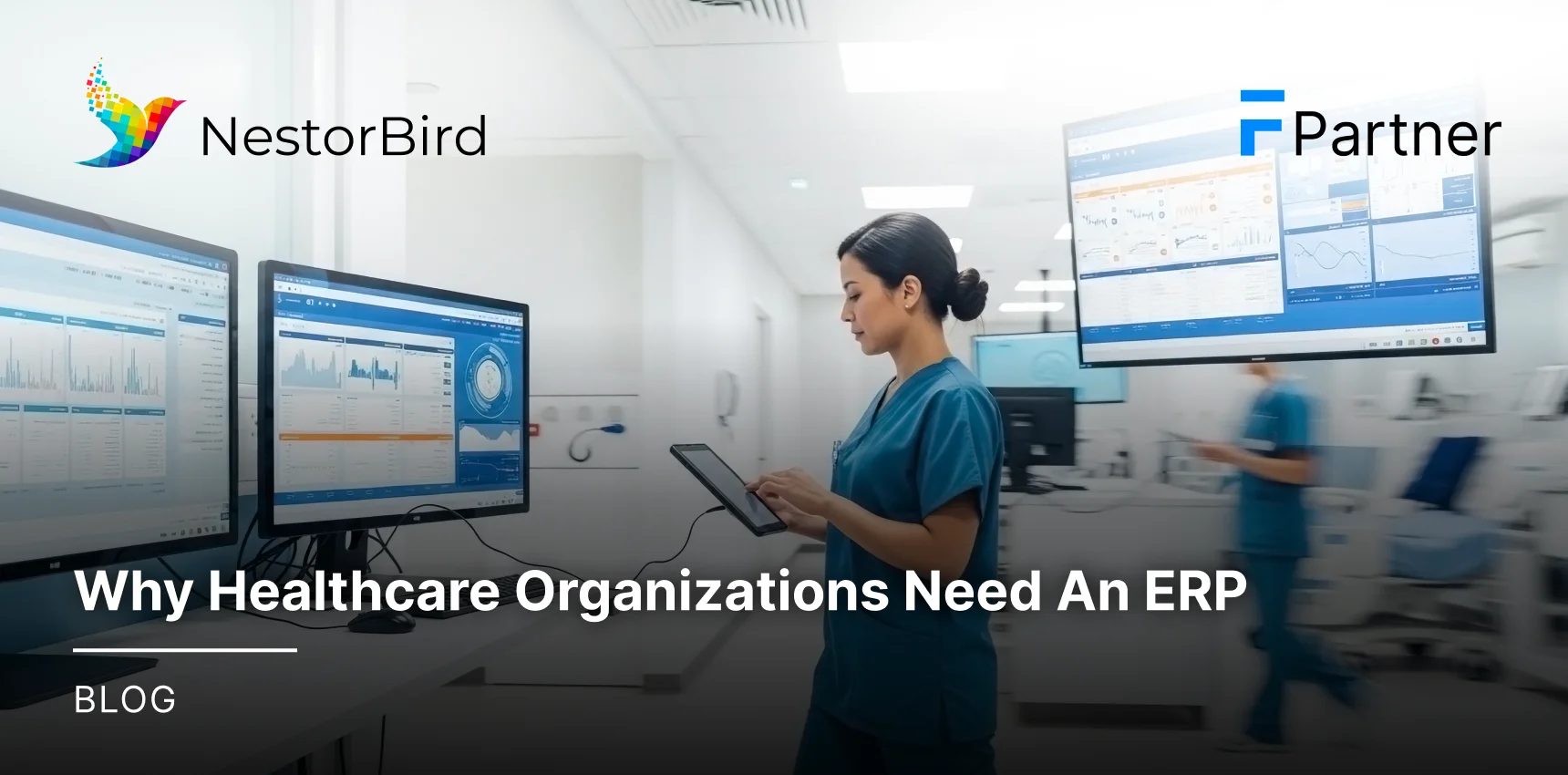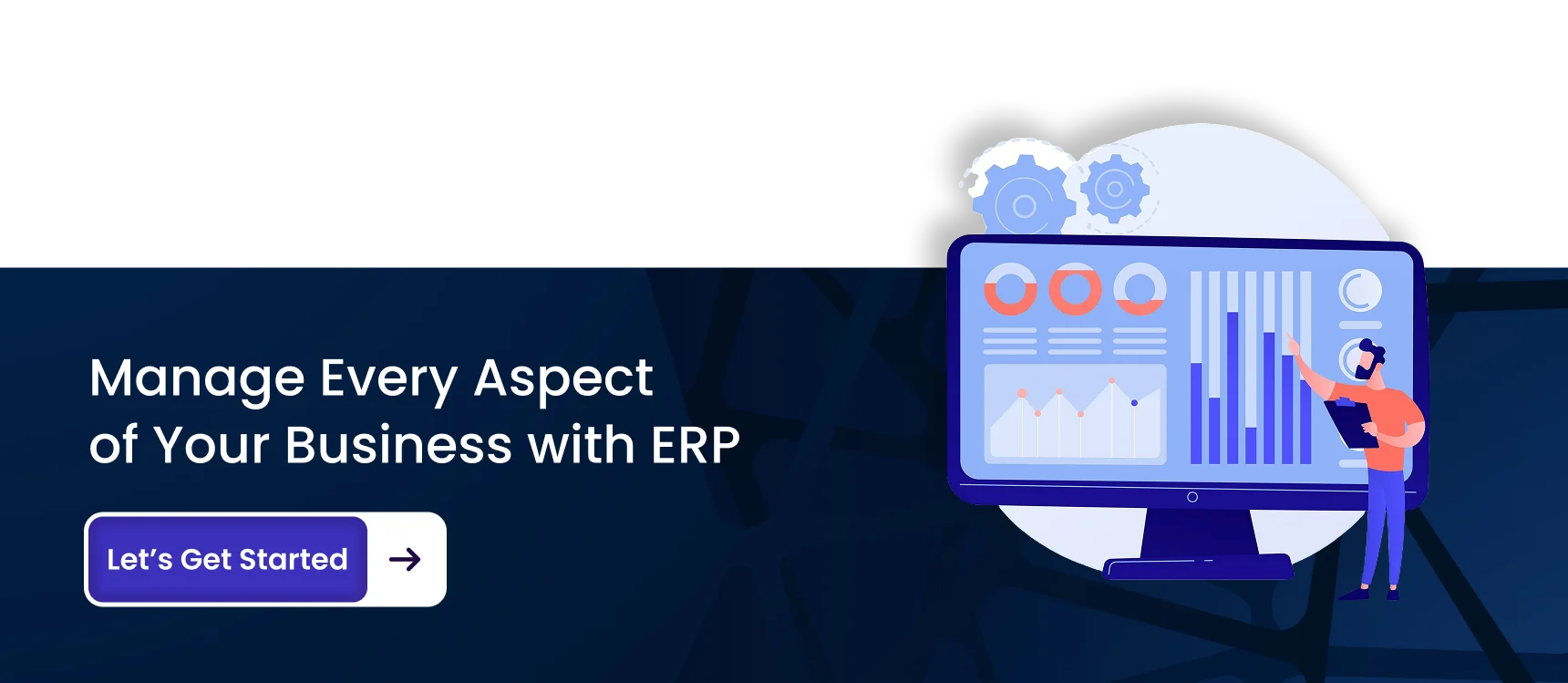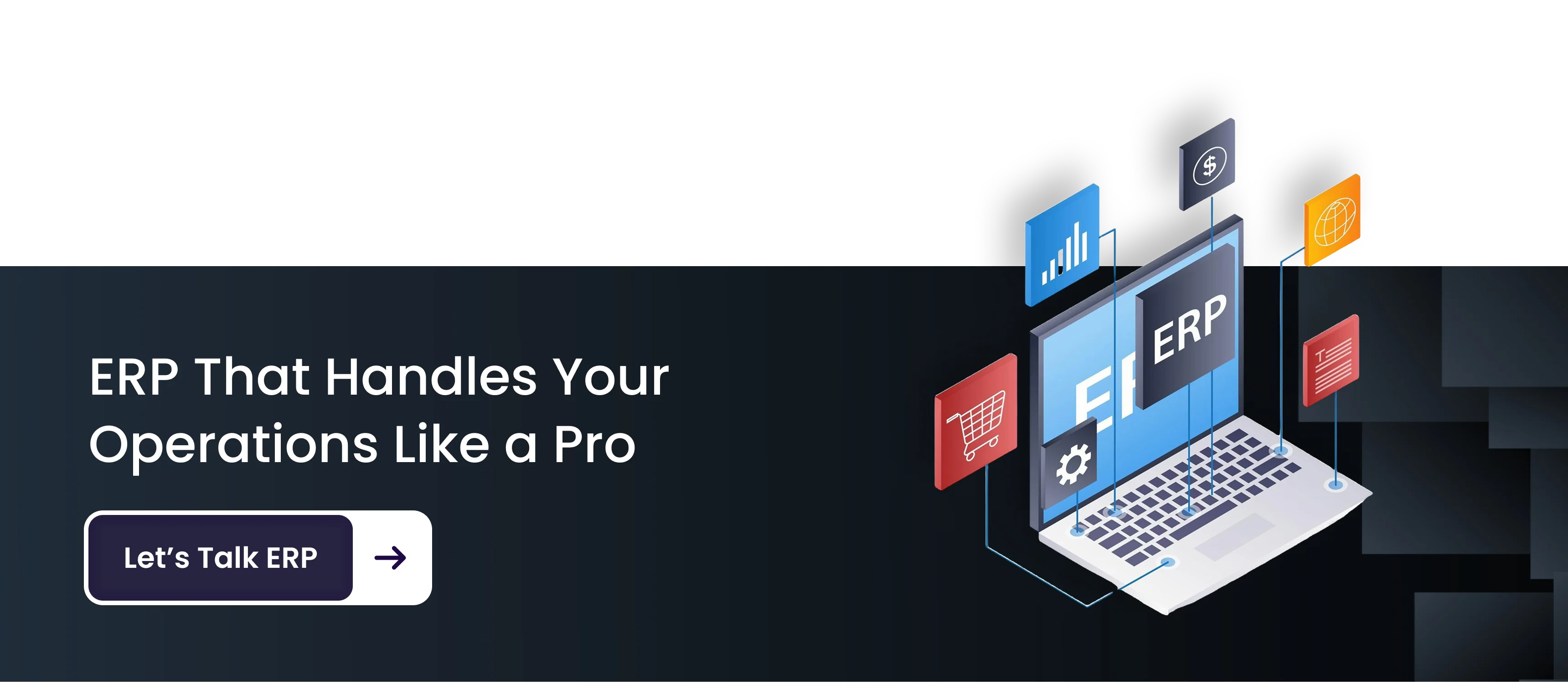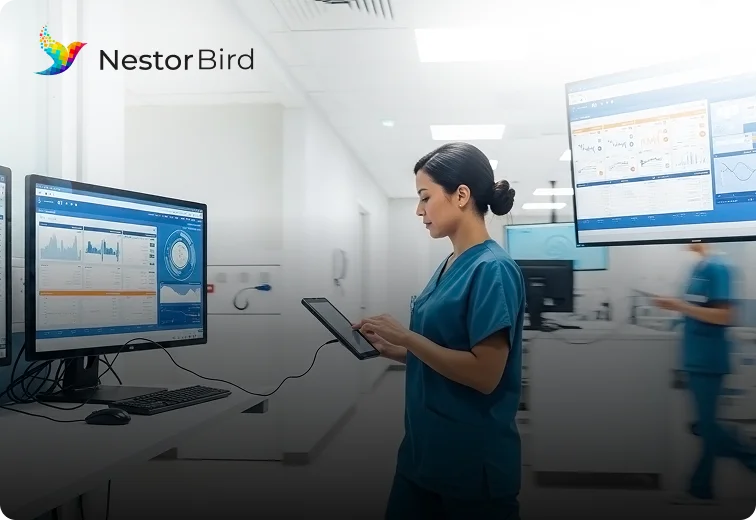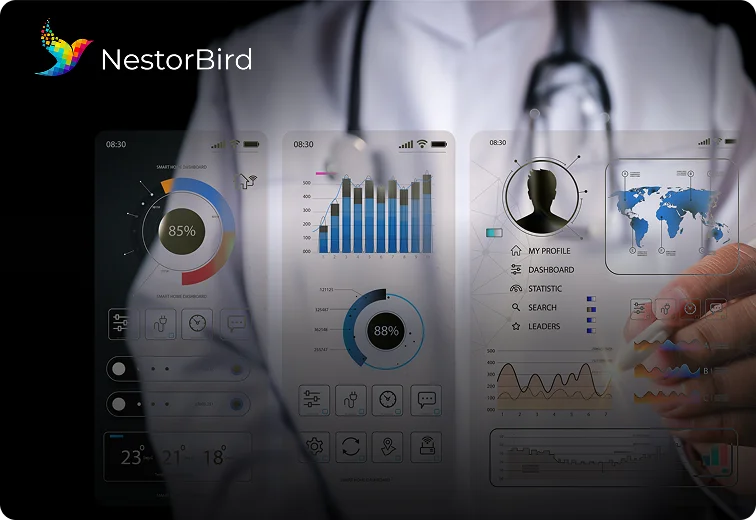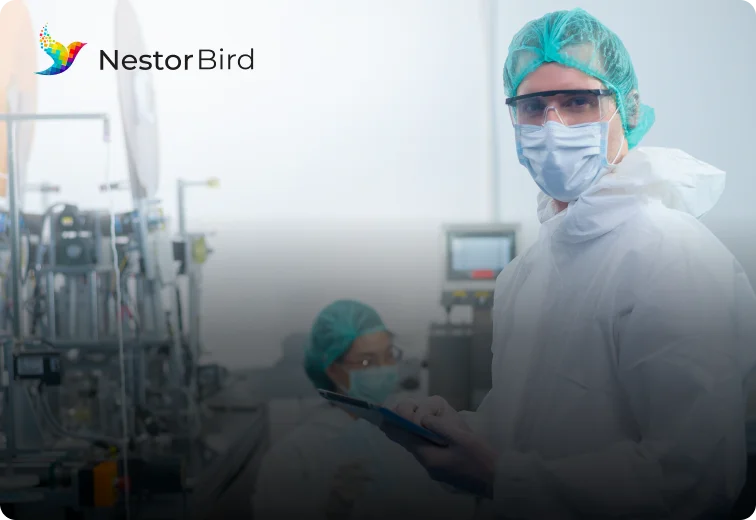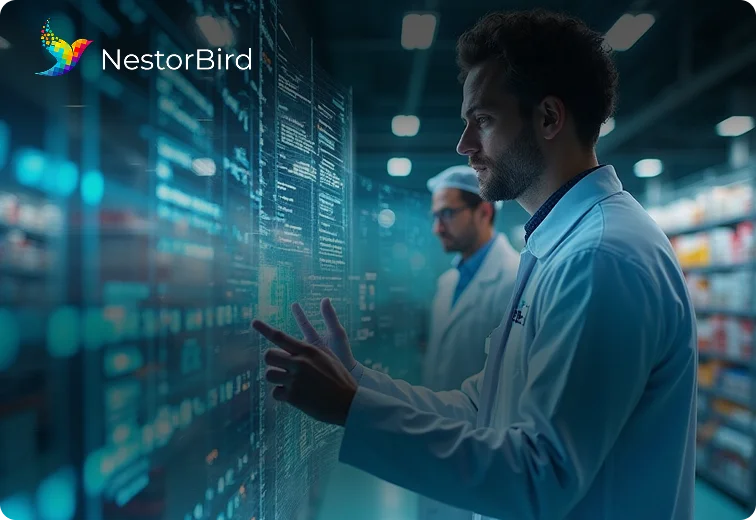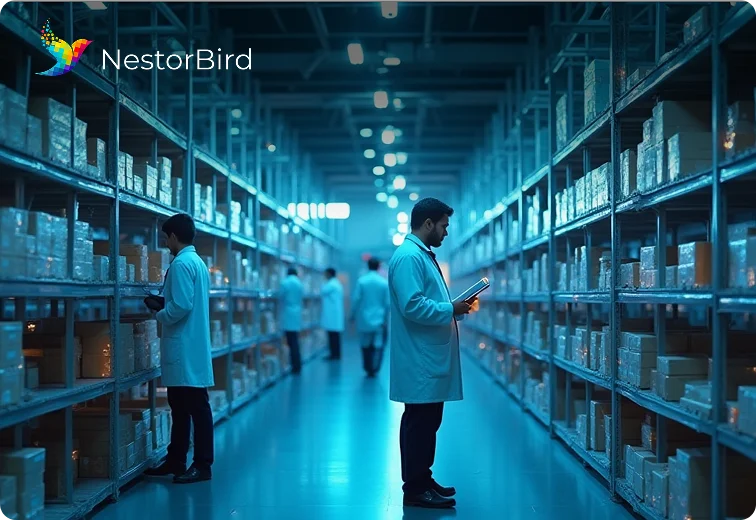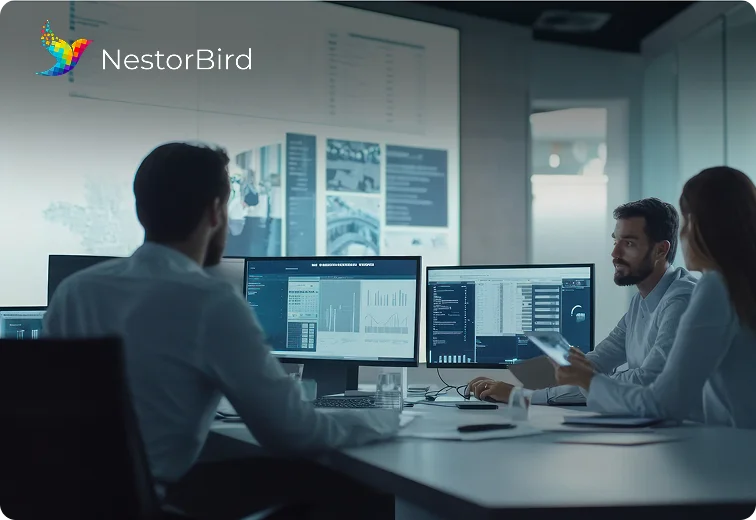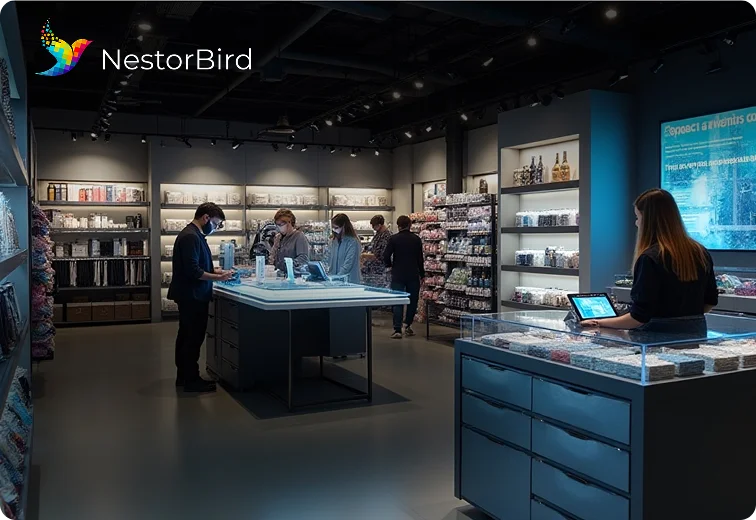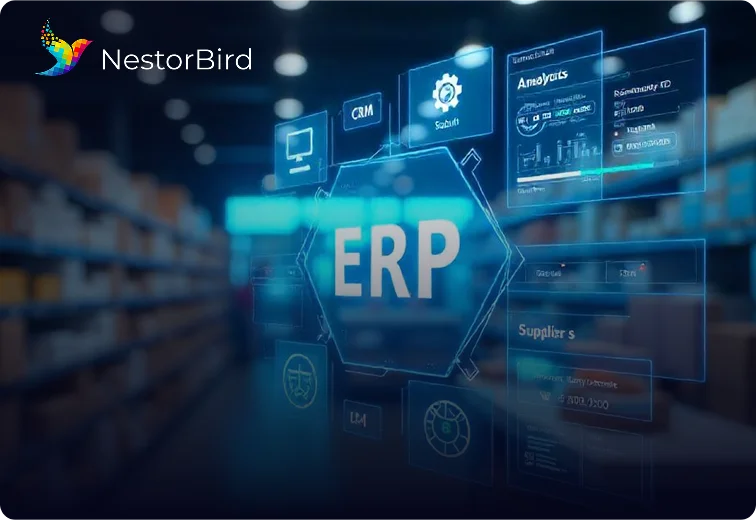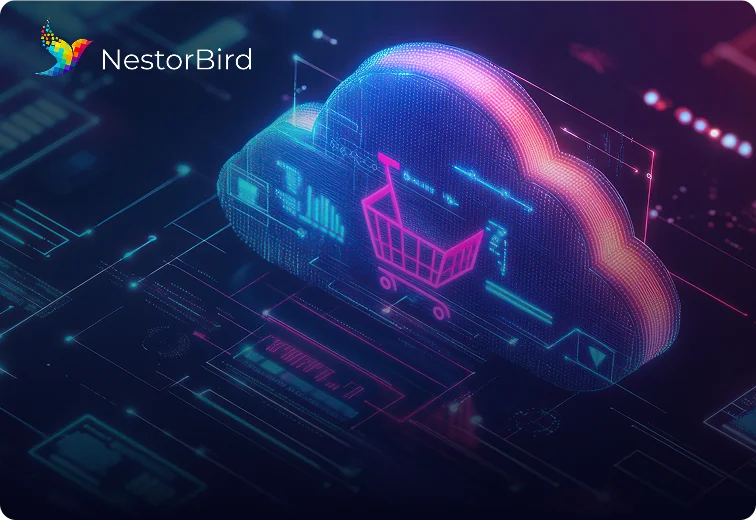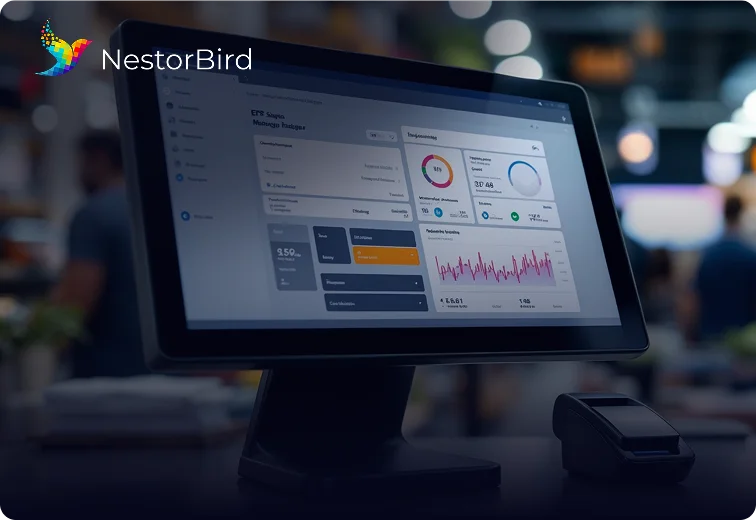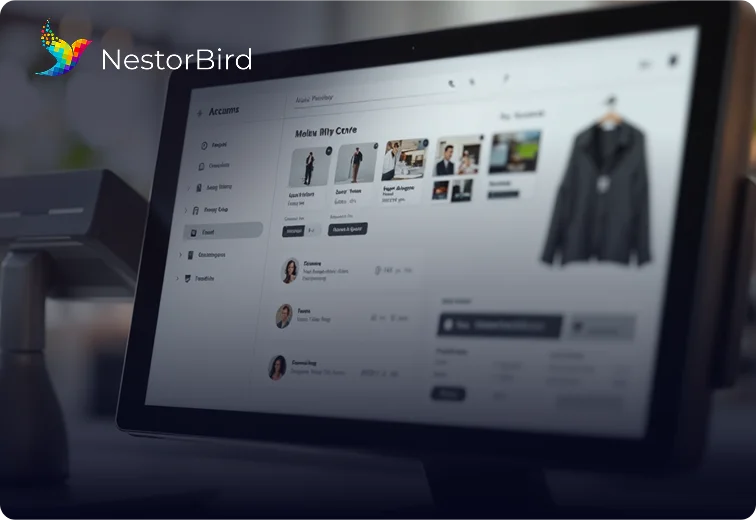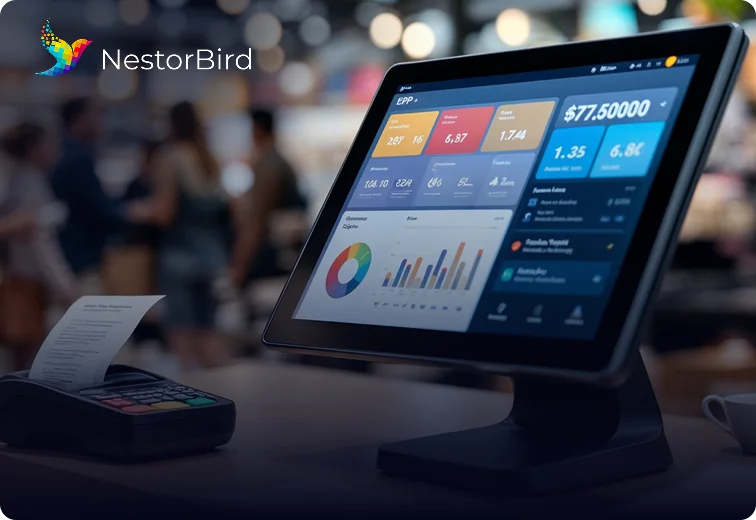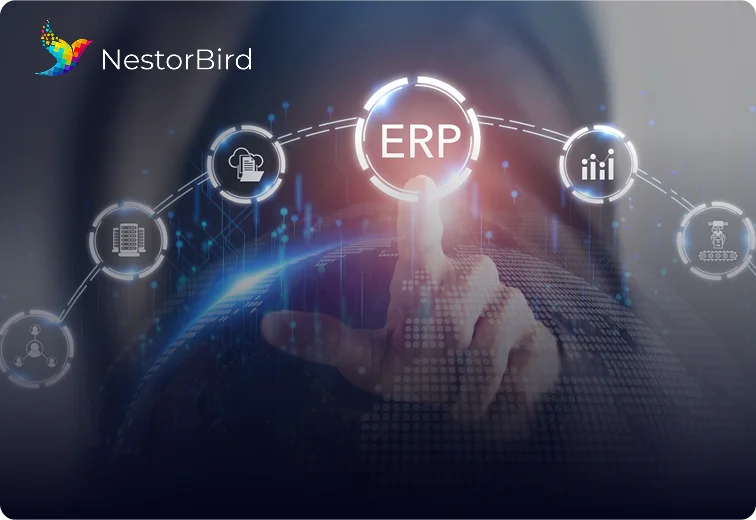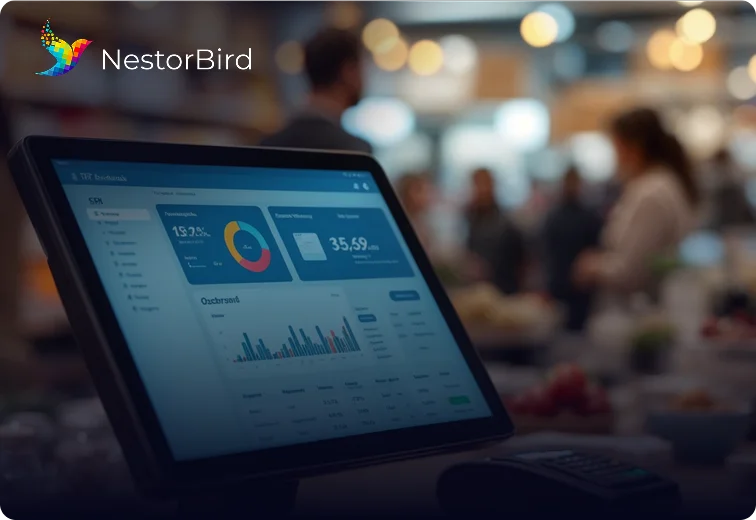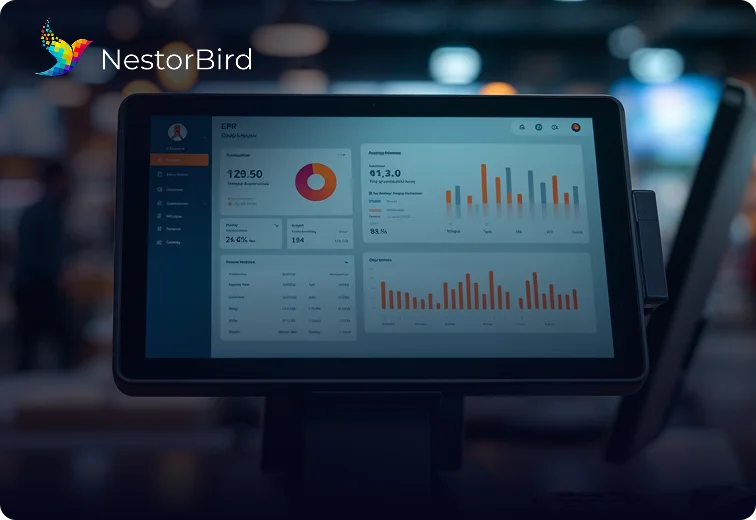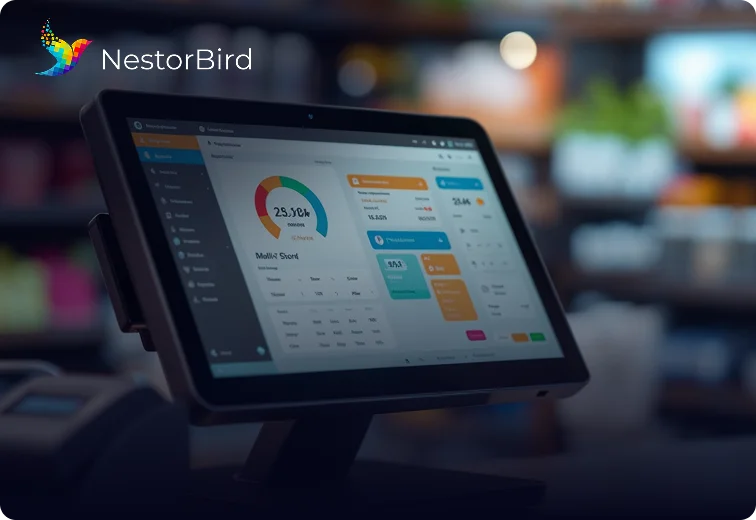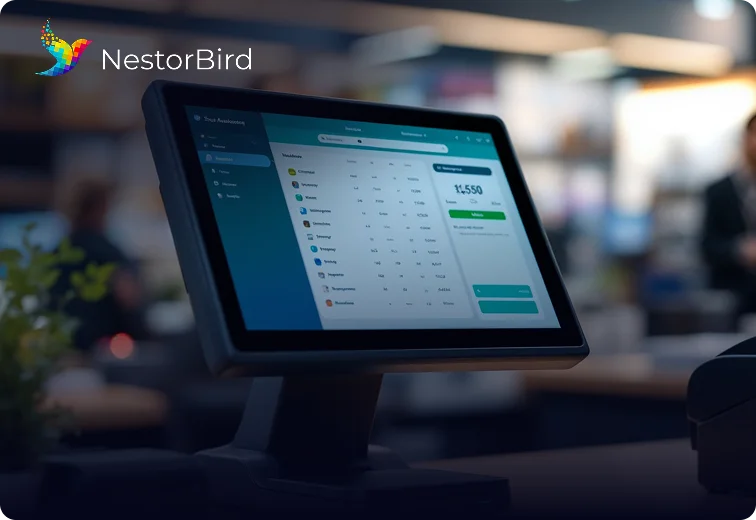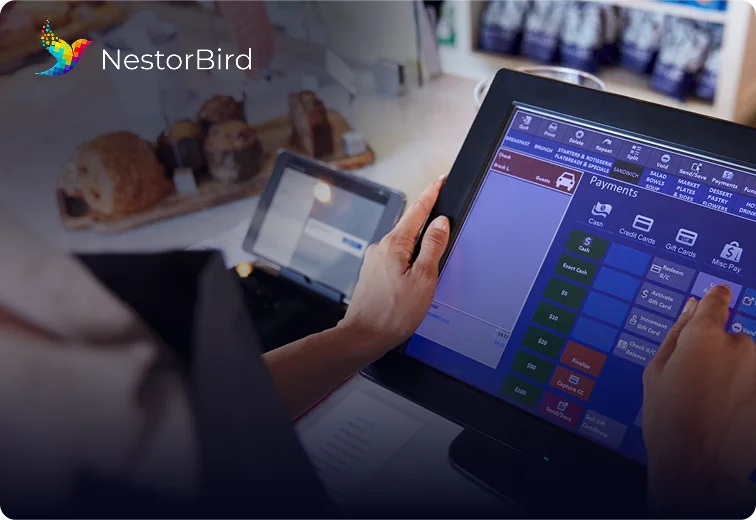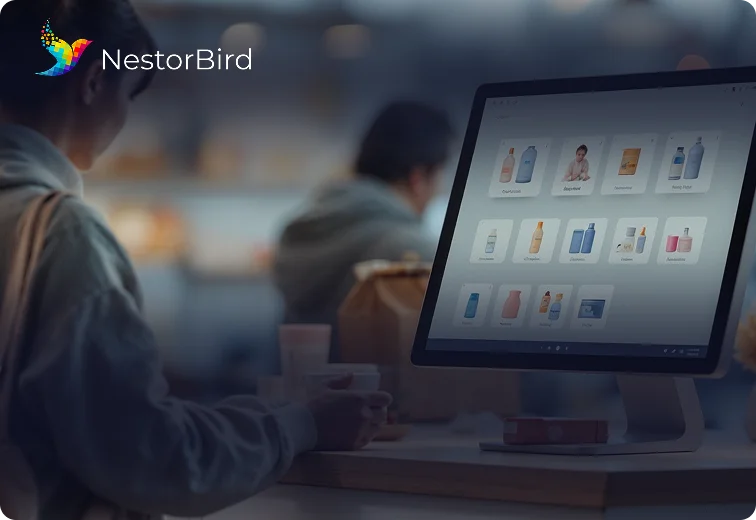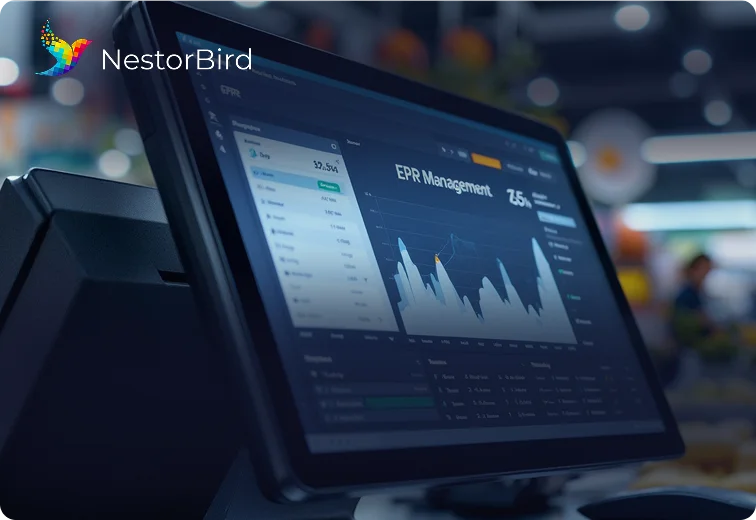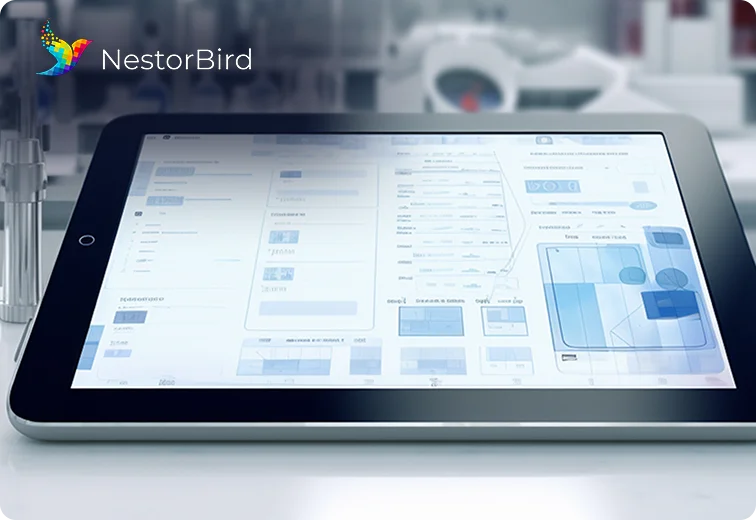Quick Summary
ERP implementation in healthcare helps hospitals and clinics manage patient information, billing, and supplies easily. It improves care quality, lowers costs, and keeps data safe. This system makes hospital work faster and organized for better health services.
Table Of Contents
Introduction
The healthcare industry is already a very sensitive industry, as it deals with the wellbeing and health of patients and customers. And that’s why it has to follow the required compliances and regulations. The healthcare industry has to manage and maintain the highest levels of quality and efficiency when it comes to handling patient care, staff management, and financial tasks. Hospitals, clinics, and laboratories now rely on ERP implementation in healthcare to bring all their important data and processes onto a single, secure platform. In this blog post, we will learn why in healthcare organizations need an ERP system to efficiently handle their operations.
Key Takeaways
ERP systems connect all hospital data into one system, making it easier to share and analyze information.
They automate tasks like billing and scheduling, saving time and reducing errors.
ERP helps keep patient records safe and easy to find, supporting better care.
It helps hospitals follow rules and stay compliant with health laws.
Implementing ERP can help hospitals grow easily as they handle more patients and staff.
Learn More About an ERP System in Healthcare
So, what is an ERP system in healthcare, to maintain and manage various high priority and value operations in the healthcare industry, healthcare ERP systems help hospitals and clinics do many tasks from a single system. Staff can look at patient details in the system, and they can use it for billing work.
The HR teams can easily manage employee records using the same software, and the supply team keeps track of medical items using a single dashboard. Everyone works on one platform, so information is easy to find and share, this makes teamwork better and helps the hospital run smoothly with real-time updates.
Learn How can Pharma Manufacturers Manage Rapid Production.
9 Reasons Why Healthcare Organizations Need an ERP System
Let us see some reasons why healthcare organizations need and can benefit from using an ERP in healthcare industry solution tailored for their business.
Provides them with real-time patient data access
A medical ERP gives staff instant access to patient records, this way the doctors and nurses can see the latest information on the dashboard. It helps them make faster and better decisions, plus improves care coordination and patient safety across the entire hospital.
Get reduced operational and labor costs
ERP for healthcare industry can efficiently automate the usual routine tasks like billing and payroll, which in turn reduces manual work and errors. It helps hospitals use their staff more effectively, and leads to significant savings on both operational and labor expenses over time.
Maintain strong financial management
With an ERP in healthcare system, you have all the financial data in one place, where it manages billing, claims, and budgets accurately. This gives a clear view of the organization’s financial conditions, makes sure the bills are sent correctly, and payments are tracked properly.
Streamlined supply chain and inventory control
A medical ERP can track the medical supplies from order to use, and thus can prevent any shortages of important and required items like medicines. It also stops hospitals from having too much stock, so they can save money and ensure supplies are always available when needed.
Know more about Process ERP Software for Pharmaceutical Manufacturers.
Better resource allocation
The ERP systems in healthcare shows how staff and equipment are being used, which helps managers schedule their staff and other resources like offices, tasks efficiently. This prevents overworking of the employees and maximizes the use of expensive machines. It makes the whole hospital run more smoothly.
Improve their patient experience
When it comes to managing patients, healthcare ERP implementation system makes appointments and admissions faster, by easily and effectively reducing the patient wait times. It also helps keep records accurate so care is consistent, which creates a smoother and more positive experience for everyone visiting the hospital.
Follow proper compliance and data security
In this industry, it is important to protect sensitive patient information from any kind of unauthorized access, so the medical ERP software has built-in security controls, where the system helps enforce healthcare rules and regulations. This ensures the organization avoids legal problems and builds patient trust.
Provide integrated telehealth and remote care
Modern ERP for healthcare industry can include telehealth tools that allow doctors to connect with patients at home. This is possible by managing virtual appointments and remote patient data securely, which helps the hospital to expand its care access and makes services more convenient for everyone.
Get efficient strategic insights through analytics
A healthcare ERP gathers all kinds of operational data, and then turns this data into easy-to-understand reports. These reports help leaders spot trends and plan for their growth, to support smarter long-term decisions for the entire organization.
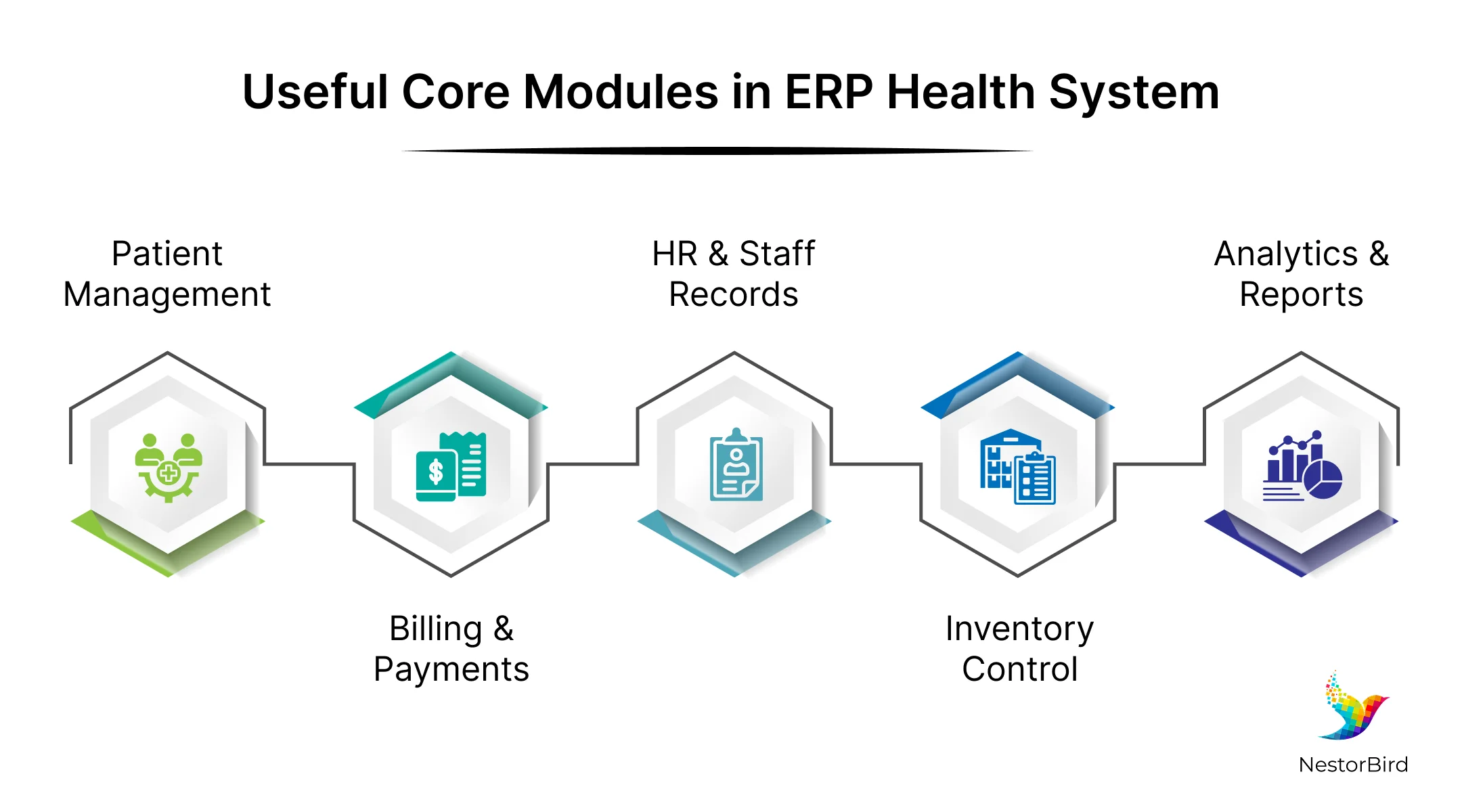
Useful Core Modules and Features of a Modern ERP Health System
The ERP system for healthcare industry has many useful features that help hospitals and clinics work better. These features together help healthcare providers operate smoothly and improve patient care.
Here, the main modules include patient management, which stores patient details and appointments in one place.
Billing modules handle payments and insurance claims automatically.
The HR module manages staff schedules and records to keep the workforce organized.
Procurement helps track and order medical supplies on time to avoid shortages or waste.
Analytics modules collect data and create reports to help leaders make good decisions.
Modern ERP health systems also connect with electronic health records (EHR) to share important patient information safely.
They support compliance with rules like HIPAA, protecting patient data.
Many systems use cloud access, so staff can work securely from different locations and devices.
Learn more about Business Intelligence in Pharma Manufacturing.
Choosing the Right ERP for Healthcare Industry
This is how you can choose the right ERP system that suits your healthcare business according to your needs.
Make sure the ERP can grow with your hospital. It should handle more users and data as your hospital gets bigger. This will save money later by avoiding costly changes.
The ERP system healthcare should work well with your current software. It must connect easily to systems like electronic health records and billing programs. This helps staff share information faster and avoid extra work.
Check if the ERP follows healthcare laws, as it should protect patient data with strong security, as here being legal and safe helps keep trust and avoids fines.
Pick a vendor with good support and training. You need help setting up the ERP healthcare and fixing issues later, because good vendor care makes using the system easier for staff.
Choose a medical ERP that fits how your hospital works daily. It should match your hospital’s processes and be easy for staff to learn. This helps everyone use it well from the start.
Conclusion
Healthcare organizations can use ERP solutions from NestorBird to make their work simpler and faster. NestorBird offers easy-to-use software that manages patient data, billing, and hospital supplies all in one place. The system is safe, keeps patient information private, and helps hospitals follow rules. We also provide support to help hospitals set up and use the software without problems, and our ERP solutions fit well with hospital needs, making healthcare work smoother and better for everyone.
Frequently Asked Questions
ERP organizes patient information and medical history in one place, which helps doctors and nurses give better care quickly and avoid errors.
Good healthcare ERP systems are designed to be easy to use. Training is given to help staff learn step-by-step and work efficiently.
Yes, most ERP systems integrate with software like electronic health records and billing, helping departments share information smoothly.


